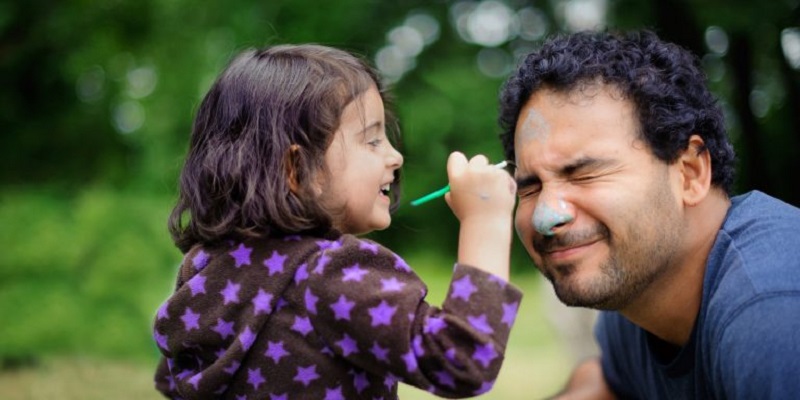Well-being is not only the result of the attention we devote to our body, but also take care of our loved ones and, above all, the parents and child relationship: the well-being is in the small gestures after all!
How many times do not dedicate enough time to the relationship with their children? Perhaps because of Labour and daily commitments forget that spending quality time with the family helps to establish a healthy relationship in the house, which is reflected positively on health.

But what do children need attention? Is there a manual or guide? Certainly not, however, we can recommend to pay attention in particular to the two most sensitive age group for the relationship between parents and children: early childhood and adolescence.
Early childhood and the child’s education
In the pre-school phase, the relationship with the children is particularly dedicated: children are much more impressionable and the relationship between parents and children is crucial in this delicate stage of life. On the one hand it must train them, help them on the other have the right attitude and the right disposition to new life experiences that await them.
A study at Washington University showed that a mother’s love, in particular can help children’s brains to develop better, almost doubling some key areas such as the hippocampus, “the area of memory.”
You may also like to read another article on CarolineJoyBlog: Existential concerns of children with great talent
Adolescence and the difficult relationship between parents and children
Who has a teenage son knows, growth leads to numerous changes for the little ones, not only physical but also psychological and emotional. Just the teenager is an unknown mysterious for many parents who find it difficult to establish a clear relationship, confident and healthy in this period of change.
The social situation has changed radically compared to that experienced by parents in their childhood. This makes them often confused and fearful while the boys are trying to carve out their own personal autonomy.
Again, there are unwritten rules: we can only recommend to mothers and fathers to accompany the growth of the child with all the love to them by helping them to develop a critical sense and responsibility, even for their own mental well-being.
The constructive teachings, most of the punishments or impositions, help the guys in the growth and allow to establish a parental relationship and children a lot healthier.



